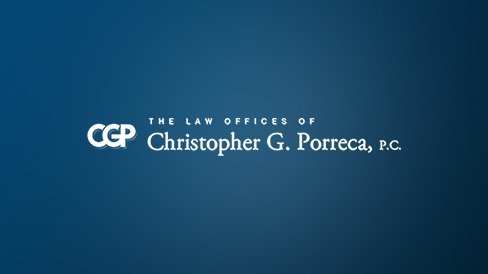Driving While Intoxicated (DWI) charges in New Jersey carry severe consequences, including hefty fines, license suspension, and potentially jail time. The case of Mr. Porreca’s client highlights how strategic legal defense can significantly alter the outcome of such cases.
The Case Overview
Mr. Porreca represented a client facing her second DWI charge under N.J.S.A. 39:4-50 in Stanhope, New Jersey. Alongside the DWI charge, she was accused of speeding (N.J.S.A. 39:4-98), reckless driving (N.J.S.A. 39:4-96), and failure to maintain lane (N.J.S.A. 39:4-88). Her first offense occurred in 2020, adding complexity to her legal situation.
Despite these charges, Mr. Porreca successfully negotiated a favorable outcome for his client. She ultimately pleaded guilty to failure to maintain lane and speeding, resulting in a six-month stipulated loss of her driver’s license. Importantly, she avoided a DWI conviction—a significant victory given the potential penalties associated with repeat offenses.
Defense Strategies Employed
In defending his client, Mr. Porreca raised several compelling arguments:
1. Impact of Physical Conditions on Field Sobriety Tests
The client’s performance during field sobriety tests was challenged on the basis that her weight affected her ability to complete them accurately. This defense highlights how physical factors can influence test results and cast doubt on their reliability.
2. The “20-Minute Rule”
New Jersey law requires a 20-minute observation period before administering a breath sample for alcohol testing. By questioning whether this protocol was properly followed, Mr. Porreca created room to challenge the validity of the breath test results.
3. Medical History Considerations
The client’s history of back injuries was brought into question as another factor potentially affecting her field sobriety test performance.
These defenses underscore how nuanced legal arguments can dismantle the prosecution’s case and protect defendants from harsher penalties.
Implications of the Outcome
Avoiding a DWI conviction is critical for individuals facing repeat offenses in New Jersey due to the state’s stringent penalties for drunk driving. A second DWI conviction could lead to license suspension for up to two years, fines exceeding $1,000, mandatory ignition interlock device installation, and even jail time.
By securing a plea deal that excluded the DWI charge, Mr. Porreca not only minimized his client’s penalties but also preserved her ability to rebuild her driving record without the stigma of a repeat DWI offense.
Lessons from This Case
This case demonstrates the importance of hiring an experienced attorney when facing DWI charges in New Jersey. Skilled lawyers can identify weaknesses in the prosecution’s case and leverage them to achieve favorable outcomes for their clients.
For individuals charged with DWI or related offenses, understanding your rights and exploring all possible defenses is crucial. Whether it’s challenging field sobriety tests or questioning procedural errors like the “20-minute rule,” every detail matters in building a strong defense.

